Lehrveranstaltungen
Herbstsemester 2024
Navigation Unterseiten

Vorlesung: From Cotton to Cocaine: Commodities that made History (c. 1700-1950)
Prof. Dr. Harald Fischer-Tiné
ZEIT: MONTAG, 12:15-13:45
RAUM: HG G3
BEGINN: 23. September 2024
Die Vorlesung bietet einen Überblick über die historische Entwicklung Grossbritanniens vom späten 18. Jahrhundert bis zur Zwischenkriegszeit. Wirtschaftliche Transformationsprozesse und insbesondere die Industrielle Revolution gehören ebenso zu den Themenschwerpunkten wie die sozialen Kosten der Industrialisierung oder die Herausbildung moderner Ideologien, Parteien und sozialer Bewegungen. Durch die Veranstaltung sollen die Studierenden exemp-larisch mit der Geschichte eines europäischen Landes konfrontiert werden, das weltweit lange als ‘Mutterland’ und vielfach auch als Modell der Moderne wahrgenommen wurde. Obwohl dem Vereinigten Königreich in der geopolitischen Konstellation des 21. Jahrhunderts nicht mehr die gleiche Bedeutung zukommt wie im Betrachtungszeitraum, kann es doch als nach-gerade ideale Fallstudie für die Transformationsprozesse gelten, welche sich modernisierende Gesellschaften durchlaufen haben.
Ziel der Veranstaltung ist es weniger, die Teilnehmer mit den “Fakten” britischer Geschichte vertraut zu machen, als vielmehr ihre Sensibilität für zentrale historische Debatten im Umfeld von Moderne und Modernisierung zu wecken. Dabei wird eine Reihe von Phänomenen in den Blick genommen, die nicht nur für westliche Gesellschaften auch heute noch von ungebroche-ner Bedeutung sind: unter anderem Säkularisierung, Urbanisierung, Armut und Sozialpolitik, Umweltverschmutzung, Emanzipation und Wandel der Geschlechterrollen, Migration, und die Herausbildung einer Freizeit- und Konsumgesellschaft.

Vorlesung: GESCHICHTE I (EUROPA)‚ Mutterland der Moderne?‘ - Kultur- und Sozialgeschichte Grossbritanniens (ca. 1780-1930)
Prof. Dr. Harald Fischer-Tiné
ZEIT: Mittwoch, 14:15-15:45
ORT: ML E 12, Beginn: 25.09.2024
Die Vorlesung bietet einen Überblick über die historische Entwicklung Grossbritanniens vom späten 18. Jahrhundert bis zur Zwischenkriegszeit. Wirtschaftliche Transformationsprozesse und insbesondere die Industrielle Revolution gehören ebenso zu den Themenschwerpunkten wie die sozialen Kosten der Industrialisierung oder die Herausbildung moderner Ideologien, Parteien und sozialer Bewegungen. Durch die Veranstaltung sollen die Studierenden exemp-larisch mit der Geschichte eines europäischen Landes konfrontiert werden, das weltweit lange als ‘Mutterland’ und vielfach auch als Modell der Moderne wahrgenommen wurde. Obwohl dem Vereinigten Königreich in der geopolitischen Konstellation des 21. Jahrhunderts nicht mehr die gleiche Bedeutung zukommt wie im Betrachtungszeitraum, kann es doch als nach-gerade ideale Fallstudie für die Transformationsprozesse gelten, welche sich modernisierende Gesellschaften durchlaufen haben.
Ziel der Veranstaltung ist es weniger, die Teilnehmer mit den “Fakten” britischer Geschichte vertraut zu machen, als vielmehr ihre Sensibilität für zentrale historische Debatten im Umfeld von Moderne und Modernisierung zu wecken. Dabei wird eine Reihe von Phänomenen in den Blick genommen, die nicht nur für westliche Gesellschaften auch heute noch von ungebroche-ner Bedeutung sind: unter anderem Säkularisierung, Urbanisierung, Armut und Sozialpolitik, Umweltverschmutzung, Emanzipation und Wandel der Geschlechterrollen, Migration, und die Herausbildung einer Freizeit- und Konsumgesellschaft.
Vorlesung: Insect Histories: Bugs that Made the Modern World
ZEIT: Mittwoch 10:15 – 12:00
RAUM: HG F26.5, ETH Zurich
Lecturer: Dr. Tomas Bartoletti
tomas.bartoletti@gmw.gess.ethz.ch
Sprache: Englisch
The seminar explores insects as historical actors and their diverse interactions with human societies over time and space. It offers an overview of recent approaches in environmental history and multispecies ethnography while providing an analytical framework to understand global processes of natural resource exploitation, knowledge formation, and imperialism.

Vorlesung: Wahrheit und historisches Unrecht: Die Herstellung von Wissen über vergangene Massenverbrechen
ZEIT: Donnerstag 18:15 – 20:00 Uhr
ORT: Zoom-Aufzeichnungen / HG E 1.1, ETH Zürich
DOZENT: PD Dr. Stephan Scheuzger
stephanmartin.scheuzger@gess.ethz.ch
Die Vorlesung behandelt die auch wissenschaftliche Wissensproduktion über vergangene Massenverbrechen in der Zeit nach dem Zweiten Weltkrieg. Sie betrachtet das Zusammenspiel verschiedener Disziplinen, Methoden und technologischer Mittel, die über die Zeit daran beteiligt gewesen sind. Und sie stellt die Frage, was Wahrheit in diesem Zusammenhang bedeuten kann.
Doctoral Colloquium in History of the Modern World
In this colloquium, doctoral students can present their research plan, share a chapter of their thesis, discuss a problem they are facing with their sources, etc. They obtain feedback by postdocs as well by the peer students taking part in the colloquium. Postdocs as well as Teaching Assistants are most welcome to join too.
Blockkurs: 10.10.2024/07.11.2024/12.12.2024, 16-18 Uhr, Raum IFW C42.
Unterrichtssprache: Englisch

Forschungskolloquium in Global and Extra-European History, ETH-UZH
Prof. Dr. H. Fischer-Tiné (ETH), externe Seite Prof. Dr. M.Dusinberre (UZH)
Donnerstags, 16.15 - 17.45 Uhr, (ETH Zürich)
Das Forschungskolloquium bietet Doktoranden und Postdoktoranden ein Forum zur Präsentation und Diskussion ihrer aktuellen Arbeiten. Die Hälfte der Plätze ist für Vorträge eingeladener externer Wissenschaftler reserviert.
Frühjahrssemester 2024
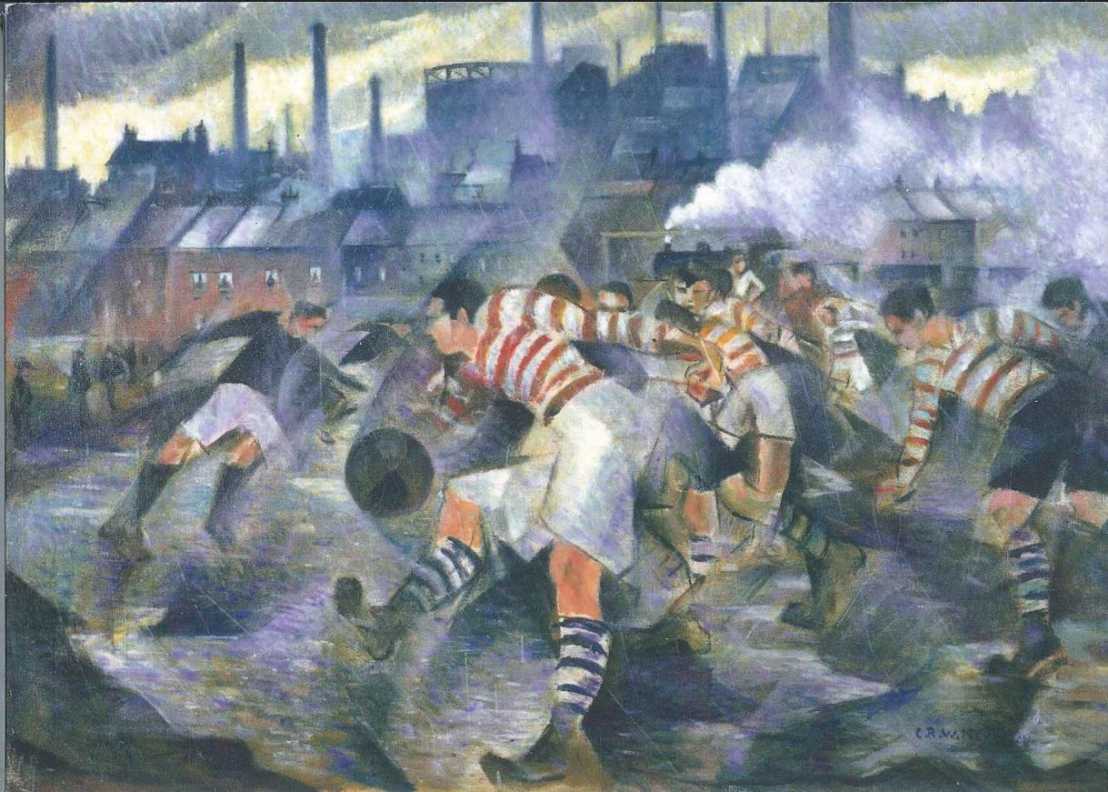
Pastime, Disciplinary Tool, Mass Culture Culture: A Global History of Sport (ca. 1700-2000)
VORLESUNG (Sprache: Englisch)
Prof. Dr. Harald Fischer-Tiné
Zeit: Montag, 12:15 – 14:00 (beginnt 19. Februar 2024)
Raum: HG D 3.2
Ever since the early modern era, organised physical leisure activities have exerted a profound influence on societies and individuals all over the globe. The course gives an overview of the historical trajectories of sports and games in various parts of the world since around 1700. It seeks to understand sports as a recreational activity, a method of physical (self-) optimization, a political tool of disciplining populations and a form of (mediatized) mass entertainment. The lectures explore the interrelation of games and sports with moving forces of modernity such as capitalism and consumeristic culture, nationalism as well as colonialism and anti-colonialism.
The course aims to familiarise students with the historical development of a ubiquitous aspect of modern everyday culture, namely leisure, sports and play. Each case study is used to deepen the participants' understanding of complex historical transformations by critically analysing what has been termed "the ludic diffusion", i.e. the rapid popularisation of sports and games and the emergence of sport as a ‘global language’ across geographical, cultural and class divides. By giving weight to non-western regions of the globe, the course adopts a decidedly transnational and non-Eurocentric perspective.
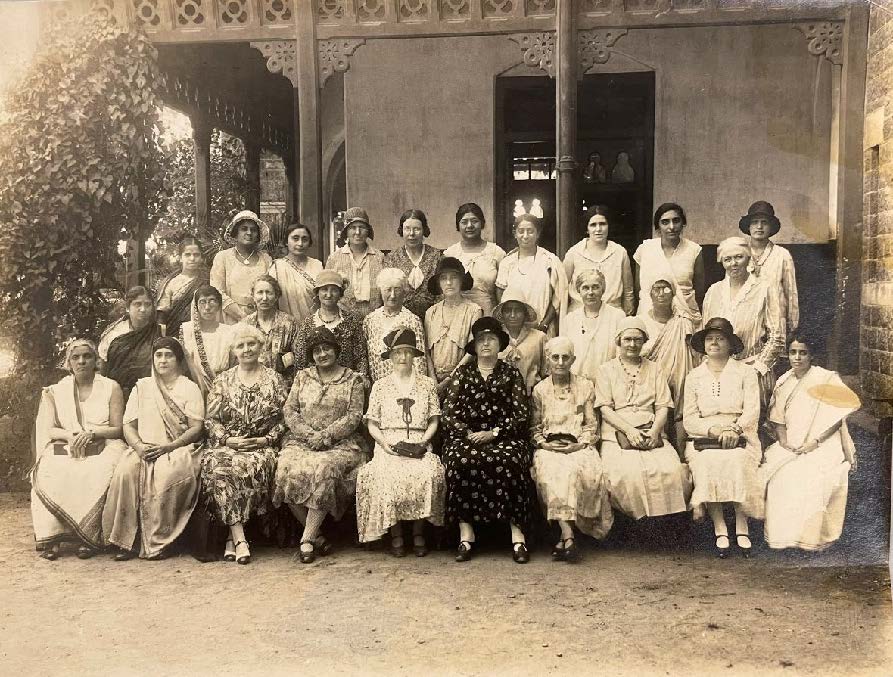
WOMEN IN GLOBAL HISTORY: AN INTRODUCTION (C. 1800–1950)
Seminar (Sprache: Englisch)
Dozentin: Dr Elena Valdameri
Zeit: Mittwoch, 12:15–13:45
Raum: HG E 21
The course explores women’s contributions to global history and contemporary society between c. 1800 and 1950. Explaining why women’s history exists and why it complicates our understanding of the past, the course critically engages with debates about the role played by women across time, space and cultures. Using family structure, gender ideology, racial and social hierarchy as analytical lenses, it considers key developments in the history of the modern world – and in the particular in the colonial world – that are still largely analysed through a masculine lens such as industrialisation, nationalism and colonialism. Other thematic foci are the emergence of feminist movements and the role of women in the birth control movement and eugenics; women’s activism in social reform and colonial ‘civilising missions’ with a focus on their role as medical doctors and scientific experts; women’s achievements in the scientific and academic fields and how these contributed to challenge the ideology of gender. Using primary sources and secondary material and considering the intersections existing between gender, race, class and ethnicity, students will reflect on how gender and sexuality have been socially and culturally constructed by global historical developments into different and historically shifting systems of power relations, and have, in turn, shaped structures, institutions and events.
Vorlesungsverzeichnis
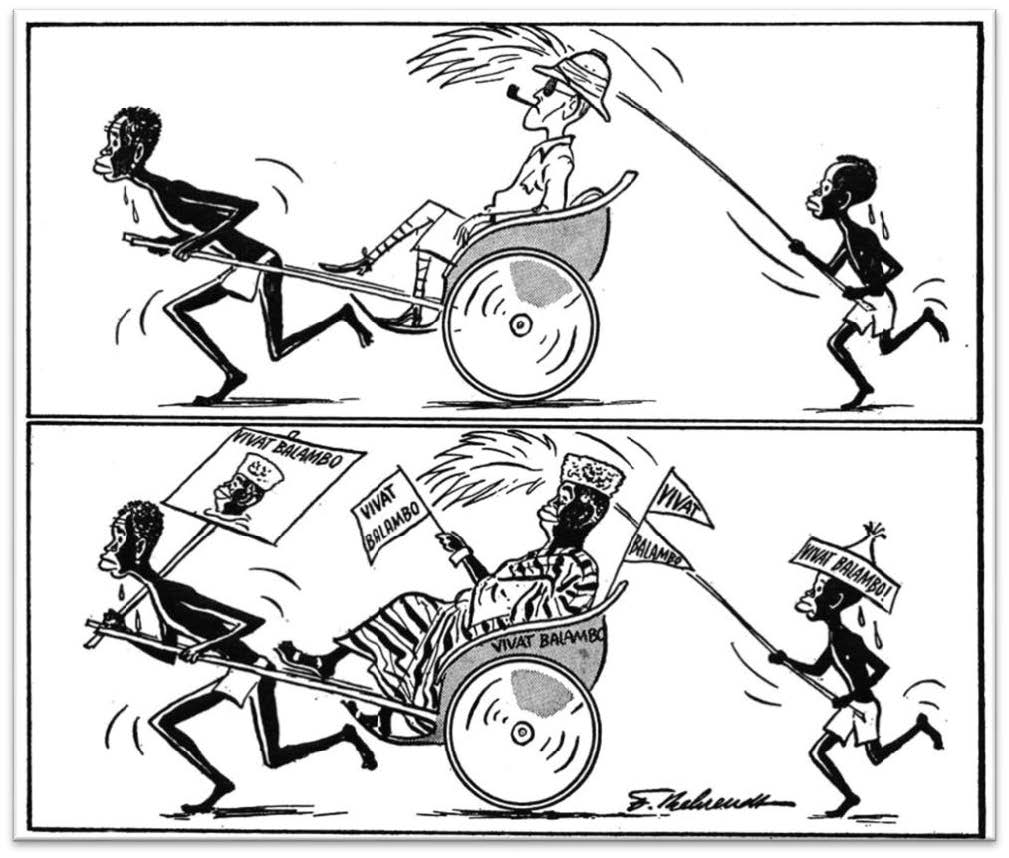
GESCHICHTE II (GLOBAL)
Anti Imperialismus und Dekolonisation (ca. 1905 1975)
VORLESUNG (Sprache: Deutsch)
Prof. Dr. Harald Fischer-Tiné
ZEIT: Mittwoch 16:15-17:45
Raum: HG D 1.1
Die Vorlesung bietet einen historischen Überblick über den Niedergang und Zerfall der grossen europäischen Kolonialimperien in Asien und Afrika seit dem Ende des Ersten Weltkrieges. Dabei steht die Geschichte antikolonialer Bewegungen ebenso im Mittelpunkt wie die Probleme nachkolonialen nation-buildings. Nach einer einführenden Sektion in den beiden ersten Vorlesungen werden anschliessend anhand von sieben Fallbeispielen aus Asien, Afrika und dem Nahen Osten unterschiedliche Varianten des Ablaufs von Dekolonisationsprozessen herausgearbeitet und analysiert. Im letzten Block finden übergreifende Themen wie die Konstitution internationaler anti-imperialistischer Organisationen, die ideologische Vielfalt post-imperialer Weltentwürfe sowie, last but not least, die Spuren der kolonialen Vergangenheit in den Erinnerungskulturen imperialer Nationen Berücksichtigung.
Download Sitzungsplan (PDF, 753 KB)
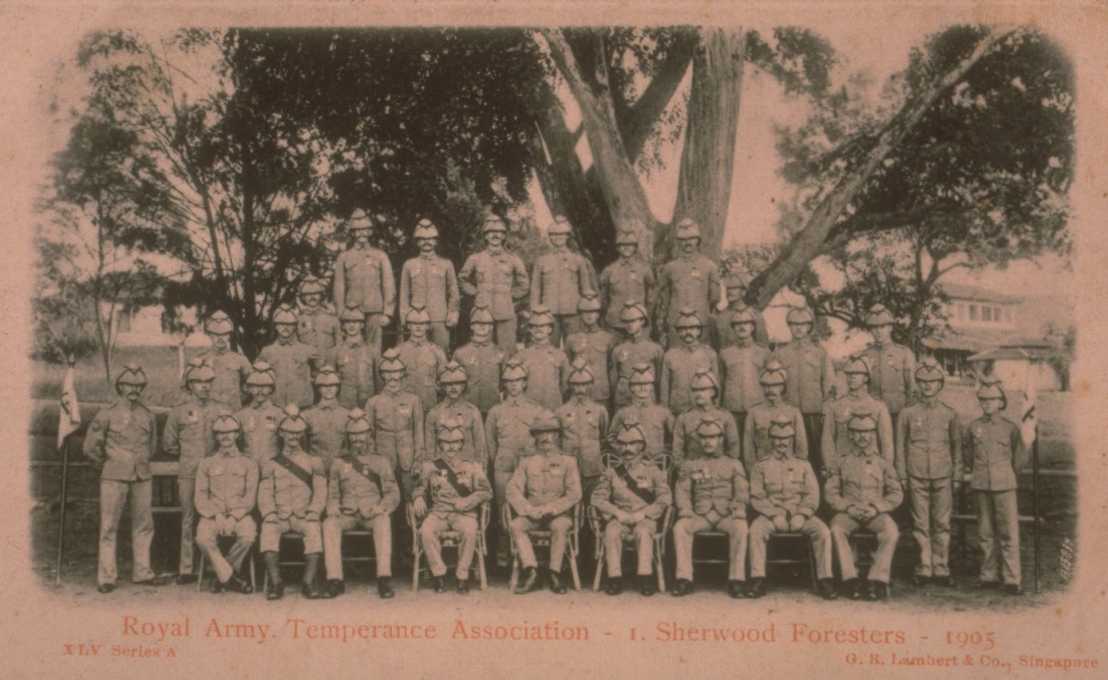
Deviance: Transgressions and Taboo in the Colonial World, ca. 1800-1940
Seminar (Sprache: Englisch)
Zeit: Donnerstag (alle zwei Wochen) 10:15 – 11:45
Raum: CHN D 46
Dozentin: Zhi Qing Denise Lim, M. A.
(zhiqingdenise.lim@gmw.gess.ethz.ch)
Offering students a refreshing approach to the social history of colonialism through the lens of deviance, the course critically engages with the discourse surrounding deviance and how deviance at once reaffirmed and challenged colonial hierarchies. To do so, it considers important developments in the history of the modern world, such as the eugenics movement in the late 19th century, global anti-vice and anti-trafficking campaigns, and the medicalization of alcoholism, addiction, and insanity. The course also looks at how scientific discourse had been incorporated into the discussions surrounding what deviance was and how to regulate or ‘treat’ deviance. The examination of the role of science in shaping deviance and the responses to it intends to foster students’ awareness of the historical continuities in today’s discussions surrounding deviant behaviour, such as homelessness and drug addiction, and how they are reflected in the built environment.
Students approach the history of colonialism through the lens of deviance in various contexts, especially—though not exclusively—in South, South-east and East Asia, from around 1800 to 1940. Specifically, students are sensitized to the circumstances under which behaviour, persons or situations were constructed as deviant and the ways in which such designation was used to reinforce or challenge colonial hierarchies by different actors. At the same time, students become aware of the connections between construction of deviance in colonial settings and global developments.
This course is structured thematically and uses theoretical texts from multiple disciplines, as well as empirical case studies. By the conclusion of the course, students will be able to a) develop new perspectives on the history of colonialism; b) familiarize themselves with the relevant topics and themes examined by recent scholarship; c) understand how norms and deviance were defined in different historical contexts; d) think critically about how norms and deviation are defined in their own disciplines and today’s society.
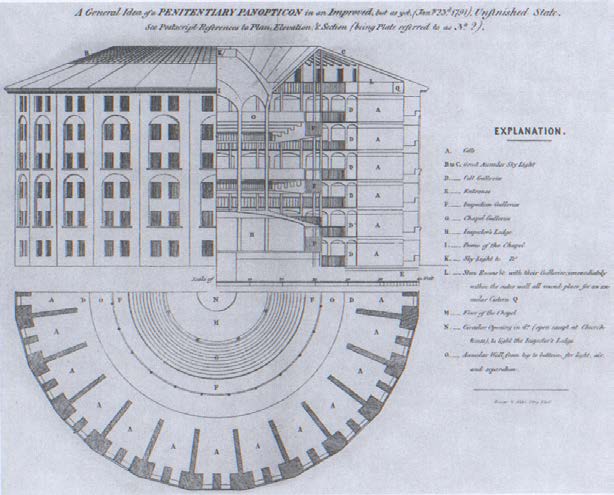
Der Bau: die globale Geschichte der Gefängnisarchitektur
VORLESUNG (Sprache: Deutsch)
ZEIT: Donnerstag 18:15 – 20:00
ORT: Zoom-Aufzeichnungen / HG E 1.1
DOZENT: PD Dr. Stephan Scheuzger
stephanmartin.scheuzger@gess.ethz.ch
Die Vorlesung behandelt die Geschichte der Gefängnisarchitektur in ihren breite-ren gesellschaftlichen, politischen, wirtschaftlichen, wissenschaftlichen, rechtli-chen und kulturellen Kontexten. Gefängnisbauten und deren Entwicklungen werden vom 18. bis ins 21. Jahrhundert insbesondere in den Zusammenhängen der sich wandelnden Konzepte und Praktiken des Strafens beleuchtet. Dabei öffnet die Veranstaltung eine globale Perspektive auf den Gegenstand.

Forschungskolloquium: ETHZ-UZH Research Colloquium in Global and Extra-European History
Prof. Dr. H. Fischer-Tiné (ETHZ), externe Seite Prof. Dr. M.Dusinberre (UZH), and externe Seite Prof. Dr. Roberto Zaugg
Donnerstags, 18.15-19.45 Uhr, KOL-G-220 (University of Zurich)
Das alle zwei Wochen stattfindende Kolloquium bietet Doktoranden und Postdoktoranden ein Forum zur Präsentation und Diskussion ihrer aktuellen Arbeiten. Die Hälfte der Plätze ist für Vorträge eingeladener externer Wissenschaftler reserviert.